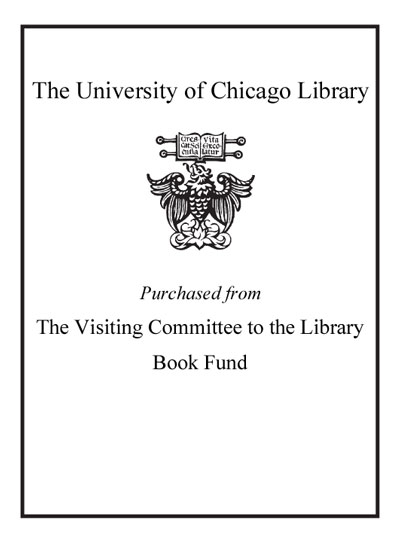Review by Choice Review
Chatterjee (Utah) has edited and introduced an excellent anthology whose contributors generally call for development assistance or poverty relief for nations that cannot or will not provide for their own people. Authors consider whether affluent individuals and nations have important and indefeasible moral obligations to help others who are both strangers and at a distance. Surely this topic is a top priority in today's discussions about, e.g., postwar reconstruction and nation building. P. Singer's essay essentially affirms that aid to needy others is morally obligatory and ought to be impartial or bias-free. J. Lichtenberg's essay centers on motivating those people who can do so, to "aid the distant needy," while also positing that they morally should do so. R.W. Miller's counterpoint piece denies any universal principle of giving aid as a matter of international justice abstractly conceived. Other sections of the volume include, e.g., writings by prominent human rights theorists who would prefer an adequate account of positive obligations necessary to seriously respect all relevant rights. This reviewer would have liked to see an analysis of the actual moral worthiness of some nations to receive special assistance or foreign aid simply because their people need it. No bibliography; adequate index. ^BSumming Up: Recommended. All levels. A. S. Rosenbaum Cleveland State University
Copyright American Library Association, used with permission.
Review by Choice Review

